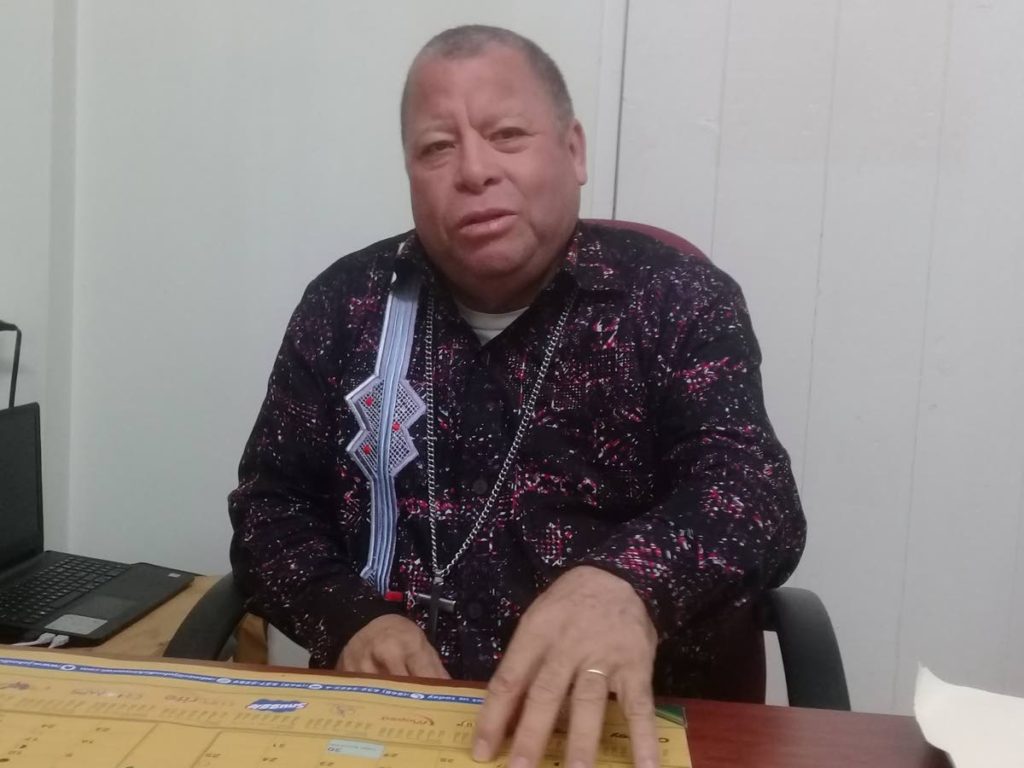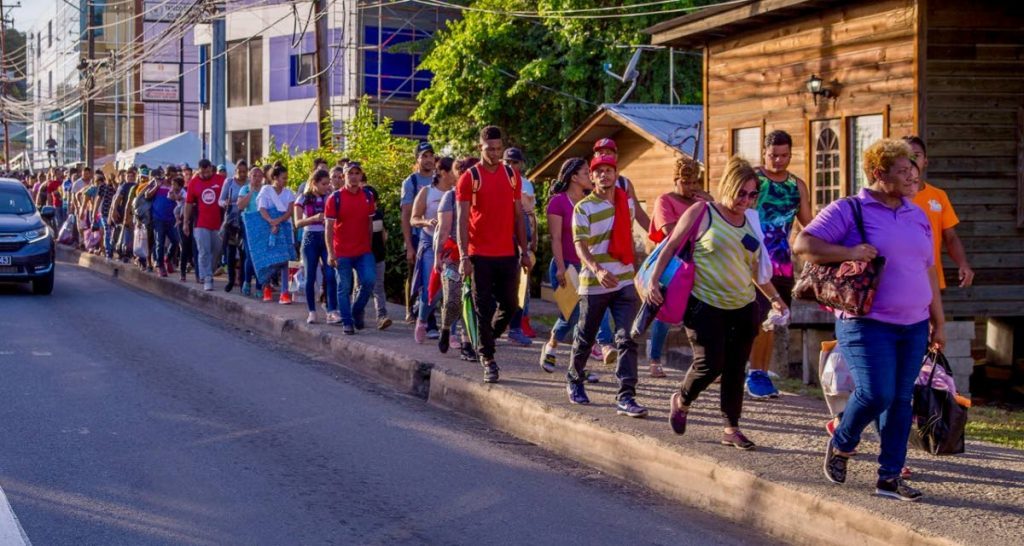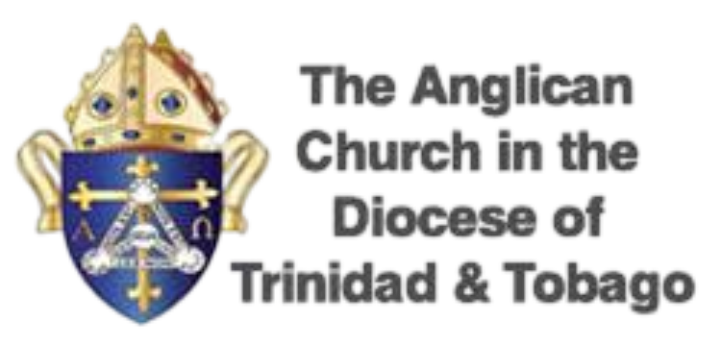Your cart is currently empty!
Anglican priest wants THA meeting on Venezuelans

Anglican priest Fr Jesus Latan says he is hoping to meet soon with Tobago House of Assembly (THA) officials to discuss the possibility of developing programmes to help Tobagonians and Venezuelan migrants live harmoniously with each other.
He also called for an end to stigmatisation and discrimination, saying the vast majority of migrants are simply in search of a better life.
“We have doctors, engineers, teachers, masons, mechanics here and all they want to do is learn and improve their capacity,” he told Newsday Tobago.
Latan, who had been at the forefront of the exercise to register Venezuelans in Tobago, last month, said the influx of migrants on the island demands that a strategy be implemented to ease the transition for both Tobagonians and Venezuelans.
“I have not gotten any opportunity to talk to them (THA) yet but it is my expectation that soon we can meet or I may approach them to have an appointment and discuss the matter.”
The parish priest of the St Patrick’s Anglican Church, Mt Pleasant, Latan said the issue is about understanding and respecting each other’s culture and differences.
“We are moving towards the same goal but each of us may be moving at our own pace. So there may be some inconvenience in the way we talk, the speed with which we use to do things. In that context, it is important to know the culture.”
He added: “If you know a Tobagonian and understand their culture, the interaction will be better than (if you didn’t), because you understand what is going on. At the same time, how we can use these opportunities to learn from each other?
“For me, it is very important to deal with the issue of the transition between the cultures. So, it is my humble view that we should organise some programmes that we can invite Venezuelans and Tobagonians to interact with each other.”
Latan said such programmes could also be replicated in Trinidad, which has a sizeable Venezuelan migrant population.
The priest, who took up duties at St Patrick’s Anglican one month ago, said he has already had discussions with some migrants about sharing their talents in the church.
“I am having conversations with some Venezuelans who are musicians and we are discussing matters about the opportunity to help Tobagonians through the churches by playing their hymns and enhancing the worship. I am sure that gradually we can learn from each other, from a musician’s point-of-view.”
Latan, who has been living in TT since January 2000, said the Spiritual Outreach and Unity Through Language (SOUL) initiative he established through the church in 2002, was conceptualised specifically to address language and cultural barriers.
However, he observed some migrants, on this occasion, have not heeded calls for them to become more involved in the church.
“Part of the problem is that I invite Venezuelans to come to church and I tell them come worship the Lord and meet the people. The church has a book and you can follow the service.

“So, they can sit next to someone who speaks the language properly and they can follow the book – then they are in thee process of learning. The barrier to communicate is a very critical barrier and you need to know how to communicate with people in order to develop your skills.”
Latan said the On Foot initiative he established within the church to support the migrants, three weeks ago, has been very successful.
“The programme caters to their spiritual, material and medicinal needs and we also give them advice and counselling.”
Saying it is difficult to quantify the number of Venezuelan migrants actually living in Tobago, Latan does not believe their presence will overburden the island’s economy.
“Because there was a large number in Trinidad, when they heard the registration was moving faster in Tobago, they started to move here. So they came, did the registration and went back to Trinidad. So, it would not affect in any hard way, the presence of Venezuelans here.”
Latan claimed many of those who stayed are progressing while others are still experiencing hardship.
“We are in the process of collating the information about having them here. I think it will take a while. But some of them are working. Some of them are in the process of getting their job. And some of them just there.”
Source: Trinidad and Tobago Newsday

